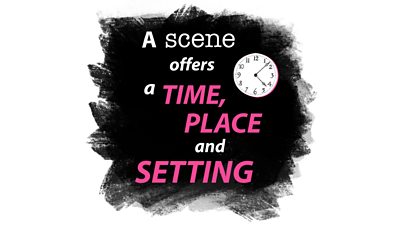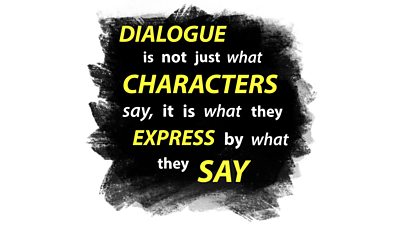And it is exactly that. But this is also the dangerous moment – where you must slam on the brakes, step back from something you have inevitably got too close to, and be deliberately hard on yourself.
No script falls perfectly finished onto the page after an intensive bout of extreme creativity. Scriptwriting is rewriting – whether it’s on the page or in your head, over days, weeks, months or years. To write and rewrite, you need to give your story time and space.
Print your script out, put it in an envelope, put it in a drawer or on a shelf, and force yourself to leave it alone for at least a couple of weeks, if not longer. You need to be able to come back to it fresh, make a deliberate attempt to reserve your subjectivity, and take as objective a look at it as you possibly can. This is not easy. But you have to do it.
Do two things when you do reopen that envelope. First, reserve a quiet undisturbed space and read it through at pace, without stopping to take copious notes. Read it like someone else might read it, in one go. Ask yourself honestly what you think, does it work, what and where are the problems, is it clear, does it say what you wanted it to say, is it clearly the thing you set out to write (and if not, does that matter?) Then, put it away again for at least another day, before you sit down and start digging down into making notes on scenes and lines on the page.
Is there someone you can trust to give you honest, intelligent, useful feedback? If so, use them. Read it out loud – make the characters talk (even if you sound like you are going mad from the other side of the door...
When you do start using the big red editing pen (and red is a good colour for this job), you have to stop yourself from being precious about your words. Scripts aren’t novels, or short stories, or poetry, or rhetoric. If you are extremely lucky, they are tools in a production process that can involve numerous other people who will all bring something to the task of bringing to life the words you have written down. If you like something you’ve written, or think it’s really good, but can see it doesn’t really need to be there, then cut it out, save it, bank it – but don’t just leave it in.
Don’t presume that what you have written is genius. It might be. But great writers tend to presume the worst so that they can make it even better. Not so great writers can tend to presume what they’ve written is brilliant and resist any attempt to develop it. You should always be trying to make it better.
Is it finished? How finished does it need to be? No script is finished until it’s made – and great stories can go on to have further lives in other mediums. Your script just needs to be ready to be read. Ready to speak your voice, set out your stall, show what you can do. If you’re lucky enough to have someone pay you to rewrite it for them, then you can rethink what finished really means.
Just make sure that you give your script the time and space it needs – and you need – to get it as right as you can. No-one in the industry wants to see first drafts from writers who haven’t made up their minds about what they’re doing, They want to see the best, most developed script you think you can write. And they want to see what’s different and unique about what you can do.








